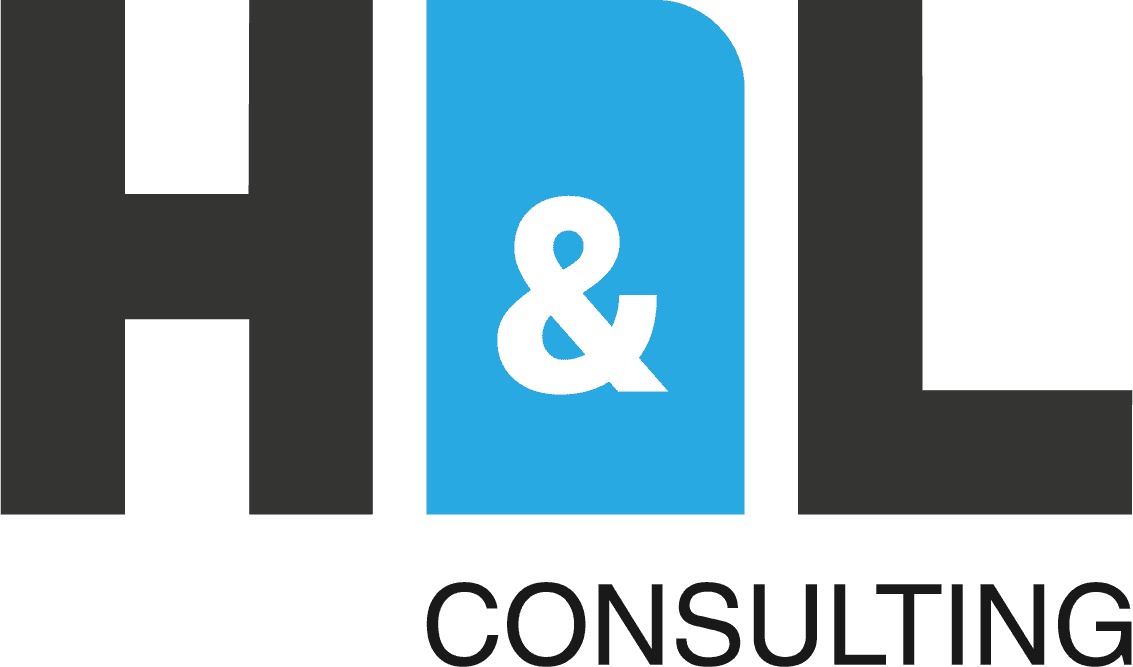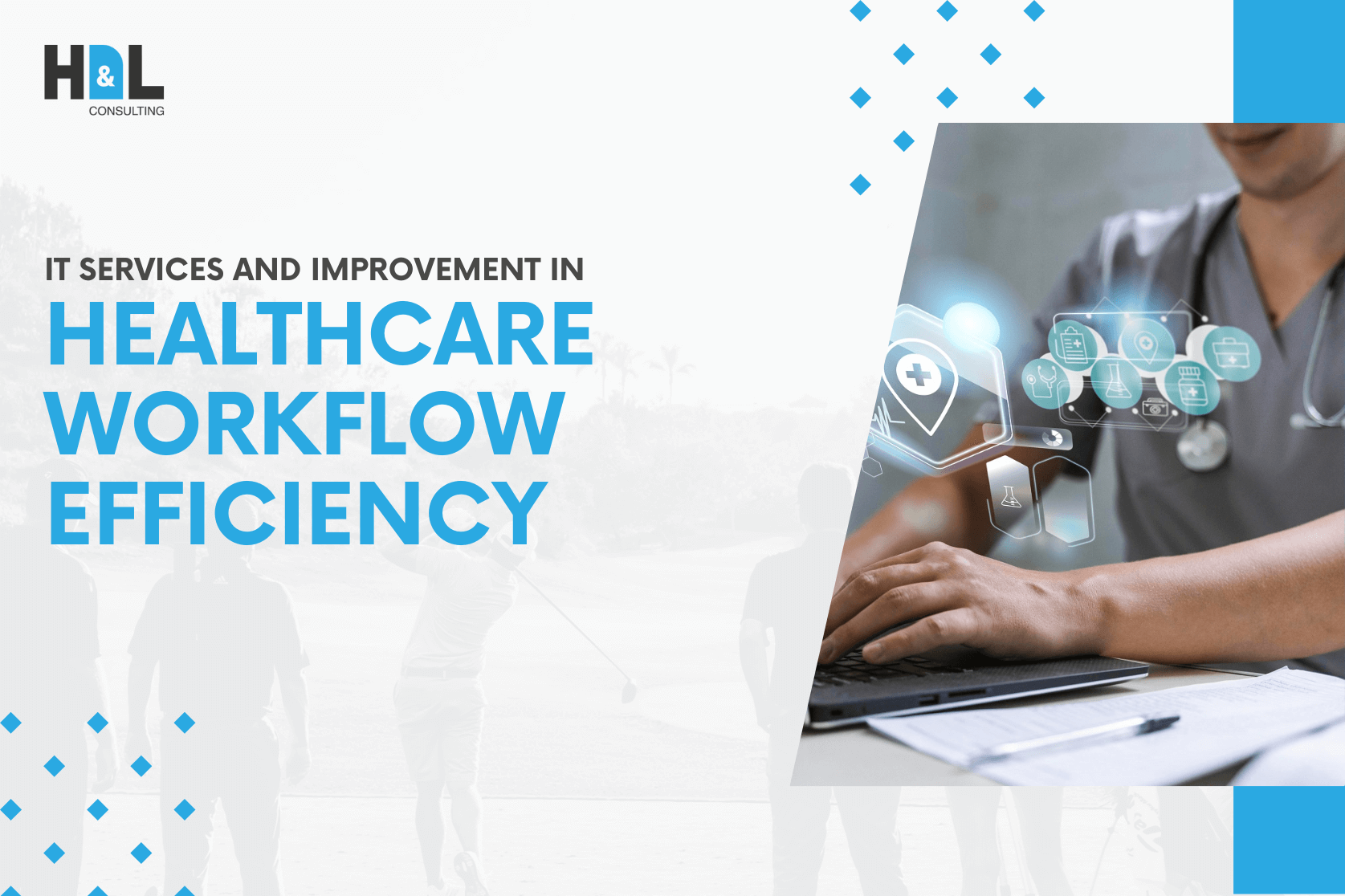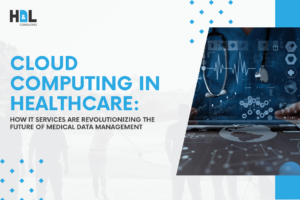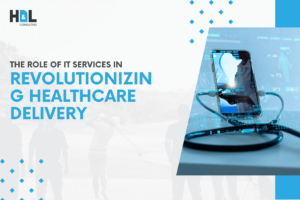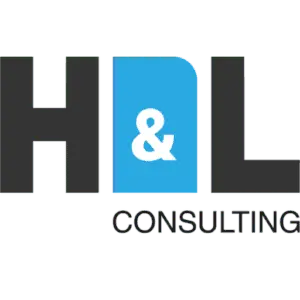The healthcare sector is one of the fastest-growing industries today because of the integration of advanced IT services in its daily operations. In the current scenario, hospitals and clinics have begun the adoption of IT solutions to ensure massive reductions in errors, along with promoting smooth processes for better patient outcomes. IT services have revolutionized healthcare workflows-from automating mundane tasks to integrating electronic health records. Throughout this blog, we take a deeper look at the critical ways in which IT services optimize healthcare workflows to enhance efficiency and better patient care. The Challenges Facing Healthcare Workflows
Probably the most critical challenges which the health-care providers are facing include burdensome administrative load, manual errors that may potentially cause inefficiency, breakdown in communication, and inefficiency in data management. These create bottlenecks that raise patients’ wait time, inadequate resource utilization, and generally lower quality. Major challenges normally faced by health institutes include the following:
Administrative duplication of effort: It consumes much time to manage patient records, appointments, billing, and insurance claims and could be prone to a lot of mistakes and delays.
Gaps in communication: Poor communication between different departments or staff levels may cause misunderstandings regarding the appropriate care for patients, treatment programs, or timely scheduling.
Manual data entry: It increases the chances of errors in data and impacts both the aspect of patient safety and efficiency in workflow.
Inability to access patient information: Because of the lack of a centralized system, there is a chance that healthcare providers have limited accessibility to significant data regarding a patient and therefore delay the care and treatment.
How IT Services Address These Challenges
1. Automation of Routine Tasks
Probably the most important contribution of IT services to healthcare is automation related to routine administrative tasks. Regarding this, IT solutions can dramatically accelerate operations by decreasing the reliance on humanly performed procedures, reduce the risk of errors, and provide health professionals with more time for attending to their patients.
Automated appointment scheduling: IT services can facilitate automated scheduling systems where patients themselves can schedule an appointment online. This will help reduce administrative workload and minimize conflicts in scheduling.
Electronic billing and claims processing: In healthcare institutions, automatic billing systems can process insurance claims more effectively and with minimal errors, hence receiving reimbursement faster.
Automatic reminders: Patients can be sent follow-up or upcoming appointment reminders automatically so that patient compliance increases and the no-show rate decreases.
This streamlines some of the more mundane tasks and frees up time for patient care, reducing the possibility of delays in operations and increasing productivity, as all staff are taken care of in this regard.
2. Integration with Electronic Health Records
One of the significant changes in the contemporary healthcare setting is electronic health record integration. EHRs allow providers to keep records in a central location electronically, thus enhancing real-time access to patient records and facilitating collaboration among various healthcare providers.
Improved data accuracy: EHRs reduce manual errors, thus ensuring that information concerning the patients is accurate and current.
Faster access to patient records: With EHRs, it would be possible for healthcare providers to have instant access to the medical history, treatment plans, and test results of a patient; this enhances decision-making and reduces delays in the delivery of treatment.
Improved coordination: EHR systems make sure that people involved in health care easily communicate to facilitate proper coordination of care. Doctors, nurses, and specialists can assess the same records so that everyone involved in a patient’s care is on one page.
EHR systems improve patient care efficiency and enhance overall quality by reducing errors and promoting better coordination among health provider teams.
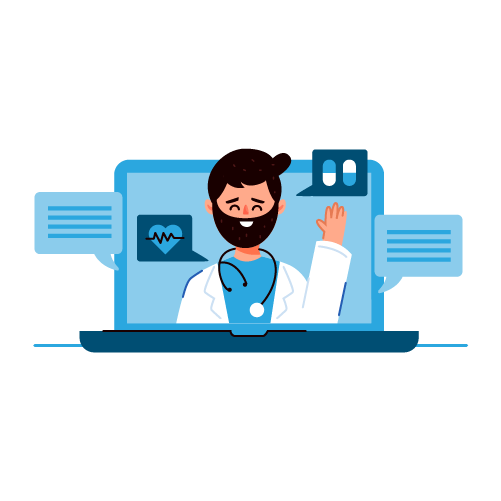
3. Workflow Management and Optimization
These IT services provide very important enabling tools that help monitor, track, and improve the operational efficiencies of health care workflows.
Real-time monitoring: IT solutions can now offer current data on patient waiting time, bed availability, and staff productivity. This can thus enable health administrators to make evidence-based decisions and facilitate resource distribution more effectively.
The task management system enables staff to plan their workload and ensure that work is completed on time without affecting patient care.
Data Analytics: Advanced analytics systems can trace bottlenecks in workflow and hence suggest further improvements that can be made such as optimization of staff schedules or reallocation of resources in high-demand areas.
Because such services are rendered by IT services, healthcare service providers can monitor their operations regularly, eliminate inefficiencies, and thus provide solutions to enhance workflow efficiency.
4. Improved Communication and Collaboration
Communication is key in healthcare delivery. IT services provide a communication platform that enables healthcare service providers to even communicate more efficiently and effectively within the institution and with other specialists outside.
Secure messaging systems allow healthcare professionals to communicate about patient information and details of treatment plans without violating privacy.
Telemedicine platforms: The services allow consultations between healthcare providers and patients from a distance for certain checkups that may not require physical visits, hence improving access to health care, especially in the most rural areas.
Collaborative tools: With IT services, different departments support shared calendars and project management platforms that ensure maximum communication across departments and teams for the purpose of keeping everyone aligned regarding patient care.
Truly, through communication enhancement, IT services avert the possibilities of miscommunication and further mistakes in patient care or delays in treatment.
5. Enhanced Data Security and Compliance
In the healthcare sector, privacy and security are critical; thus, patient information must be highly protected. IT services help healthcare organizations comply with the regulations like HIPAA by offering them solid security measures of data.
Encryption of Data: IT services make sure that the data of patients is encrypted, meaning it remains secure whether it is in motion or resting.
Access control: IT solutions can be installed at healthcare institutions to enable them to put access control on sensitive information and permit only authorized personnel to see patient records.
Audit trails: IT systems maintain audit trails of who accessed the patient’s data and when, thereby assisting health institutions in maintaining accountability and compliance with regulatory standards.
With these measures of IT security in place, such healthcare organizations would be able to protect patient data, maintain trust, and avoid extremely costly data breaches or compliance violations.
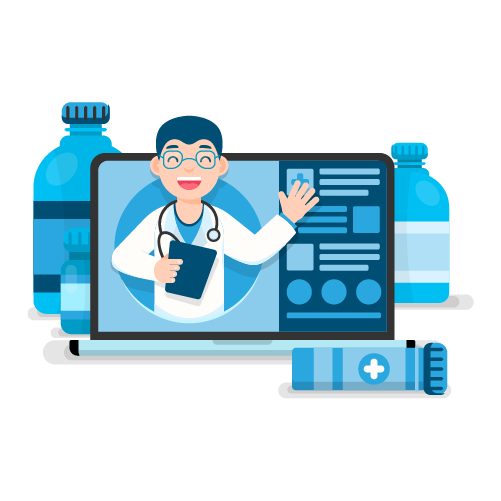
Final Thoughts:
Clearly, integrating the services of IT into the workflow is central to facilitating efficiency, reducing errors, and thereby ensuring positive outcomes for patients. Everything from automating routine tasks to adopting EHRs and advanced analytics equips health professionals with the tools they need to expedite operations and pave the way for high-quality patient care.
The role of IT services will continue to grow in importance in the rapidly changing world of healthcare. With appropriate investment in IT solutions, health care facilities can certainly lock in new levels of efficiency for internal workflows and enhance treatment outcomes to ultimately provide better and effective care for their patients. Engaging IT services is no longer an option but an essential necessity for every healthcare professional who aims at sustaining a lead in the modern competitive scenario.
If you are looking for an experienced IT provider, H&L Consulting is the best option. With years of experience, we specialize in mobile app development, web app development, staff augmentation, and robot process automation. Our staff of over 30 highly qualified IT consultants and developers can handle projects of any scale. We are committed to supporting your goals after successfully delivering over 50 solutions to clients throughout the world. Contact us for a full discussion, knowing that H&L Consulting is prepared to fulfill all your IT demands with specialized, effective solutions.

